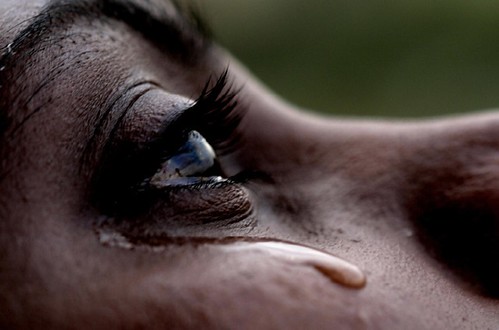On Death, Kahlil Gibran
She was kind, she was firm, she cared, she wanted more for the students she served.
She was a principal and a friend.
She welcomed me to Jane Addams Business Careers Center in 1988 with a invitation to lunch in the Executive Grill that the students run-- a kindness and thoughtfulness that I'd not experienced with any previous principal (nor did I encounter at any other time in my career).
I had applied to teach at Jame Addams, as what might be called today, an intervention specialist for students who had been labeled learning disabled, many of whom were enrolled in the culinary arts program. I supported students in their vocational programs and provided instruction in academic areas as needed. And I had recently discovered the potential of computers for learning.
Ms. Lynton cared about and supported all students. Initially when she learned how I hoped to infuse technology into learning (think Bank Street Writer and As Easy As), she made sure my students could be scheduled into the computer lab. Then, she arranged for computers for my classroom. And when we were stifling from the heat in our classroom (the air conditioning didn't work and the windows were sealed shut), she shared the fan from her office with us. David had asked permission to go to her office to request a fan and came back with hers.
She led an initiative to transform learning at Jane Addams that held great promise. In my role as adviser to students as we planned, our collaborations led to a friendship I cherished. Unfortunately, LATTICE never came to fruition as Gwen fell victim to a stroke and then retired.
We remained friends throughout the years-- she visiting in our home and I in hers. More recently, we've connected through Christmas cards each year.
When I received the email titled Gwen last week, memories of her, of her smile, of her thoughtfulness and selflessness flooded over me and remain with me.
A special woman, a special educator-- my life has been the richer for our connecting-- thank you Gwen.
May you truly dance -- now free.
flickr photo by davidhuiphoto http://flickr.com/photos/davidhuiphoto/3649721215 shared under a Creative Commons (BY) license






